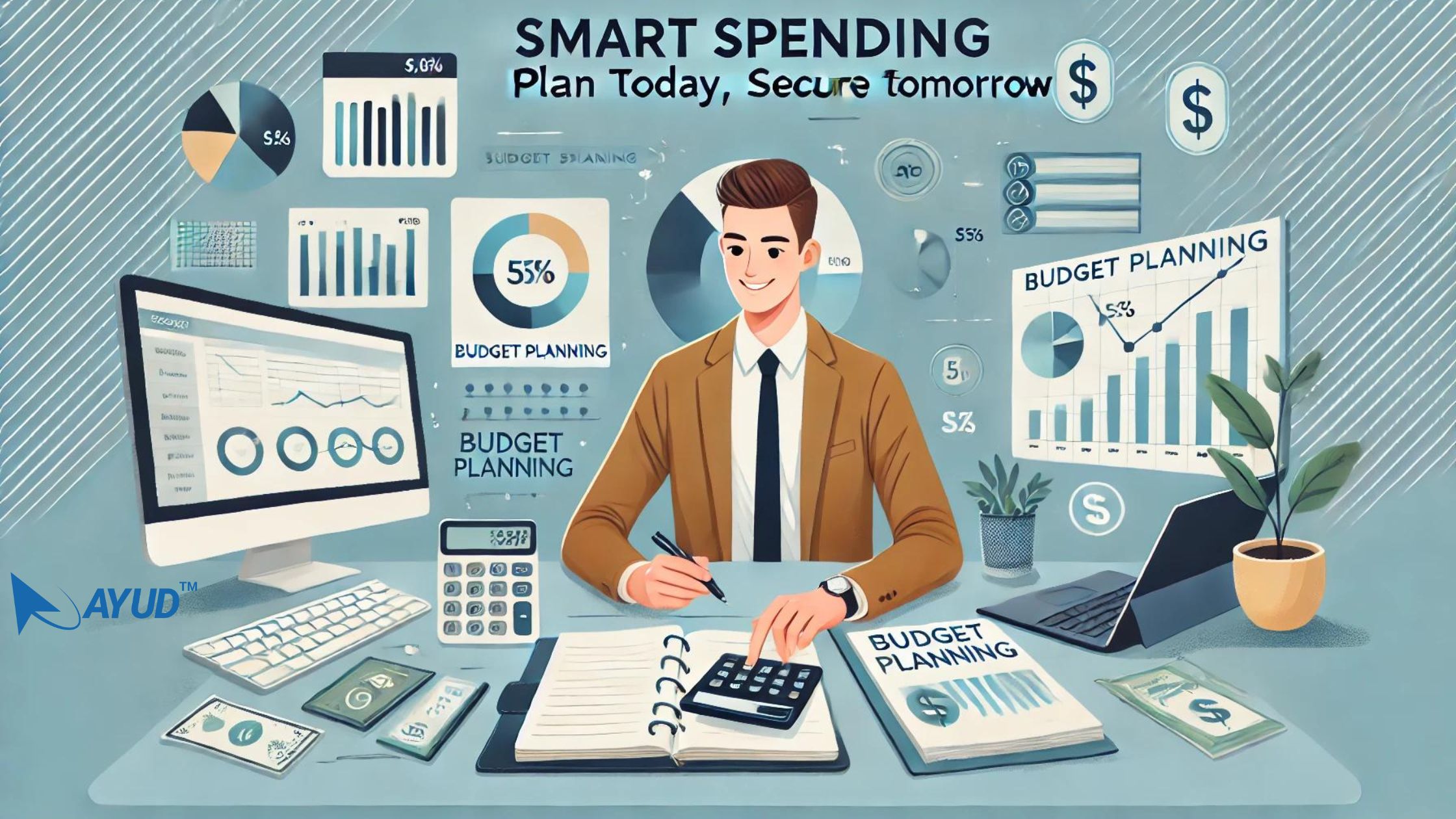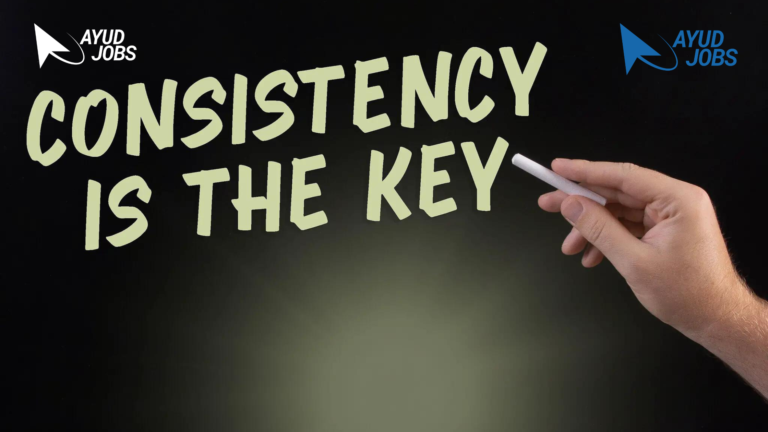How to Spend Money and Best Practices
How to Spend Money and Best Practices
Spending money wisely is essential for financial health and well-being. Whether you’re a student, a professional, or someone managing a household, understanding how to spend money effectively can lead to a more secure and stress-free life. In this blog, we will explore practical tips and best practices for spending money smartly.
1. Create a Budget
Budgeting is the foundation of good financial management. By creating a budget, you can keep track of your income and expenses. This helps you understand where your money goes and identify areas where you can cut costs.
Track Your Income: Start by noting down all your sources of income. This includes your salary, freelance work, and any other earnings.
List Your Expenses: Next, list all your expenses. This includes rent, groceries, utilities, transportation, and entertainment.
Set Limits: Allocate specific amounts for each category. Ensure your total expenses do not exceed your income.
2. Prioritize Needs Over Wants
It’s crucial to distinguish between needs and wants. Needs are essential for survival, such as food, shelter, and healthcare. Wants are things that you desire but can live without, like dining out or buying the latest gadgets.
Identify Essentials: Focus on spending money on essentials first. This ensures you cover all necessary expenses.
Limit Luxuries: Allocate a smaller portion of your budget to non-essential items. This helps you enjoy luxuries without compromising your financial stability.
3. Save Before You Spend
Saving should be a priority. Aim to save a portion of your income before you start spending. This can be for emergencies, future investments, or retirement.
Set Savings Goals: Determine how much you want to save each month. Make it a habit to transfer this amount to your savings account immediately after receiving your income.
Emergency Fund: Build an emergency fund that covers at least three to six months of living expenses. This can protect you in case of unexpected financial setbacks.
4. Avoid Impulse Purchases
Impulse purchases can derail your budget. To avoid them, follow these tips:
Make a List: Always make a shopping list before going to the store. Stick to it to avoid buying unnecessary items.
Wait Before Buying: If you feel the urge to buy something on impulse, wait for a day or two. This cooling-off period can help you decide if the purchase is truly necessary.
5. Use Credit Cards Wisely
Credit cards can be a useful financial tool if used responsibly. However, they can also lead to debt if not managed properly.
Pay in Full: Always aim to pay your credit card balance in full each month. This avoids interest charges and helps you maintain a good credit score.
Limit Usage: Use credit cards only for essential purchases or emergencies. Avoid using them for everyday expenses unless you can pay off the balance immediately.
6. Invest in Your Future
Investing is a smart way to grow your wealth over time. It involves putting your money into assets that can generate returns.
Start Early: The earlier you start investing, the more time your money has to grow. Even small investments can accumulate significant returns over time.
Diversify: Spread your investments across different asset classes such as stocks, bonds, and real estate. This reduces risk and increases potential returns.
7. Educate Yourself
Financial literacy is key to making informed decisions. Take the time to educate yourself about personal finance.
Read Books: There are many great books on personal finance. Some popular titles include “Rich Dad Poor Dad” by Robert Kiyosaki and “The Total Money Makeover” by Dave Ramsey.
Online Resources: Utilize online resources such as blogs, webinars, and courses. Websites like Investopedia and The Balance offer valuable financial advice.
Real-Life Example: The Story of Alex
Let’s look at a real-life example. Alex, a recent college graduate, started his first job with a decent salary. Initially, he spent money without much thought, often buying the latest gadgets and dining out frequently. Soon, he found himself struggling to cover his monthly expenses and had little to no savings.
Realizing the need for change, Alex created a budget. He tracked his income and expenses, distinguishing between his needs and wants. By cutting down on non-essential spending and prioritizing savings, he managed to build an emergency fund. Additionally, Alex started investing a portion of his income, which gradually grew over time.
Today, Alex is financially secure. He continues to follow his budget, avoids impulse purchases, and makes informed financial decisions. His story illustrates the impact of smart money management.
Conclusion
Spending money wisely involves planning, prioritizing, and educating yourself. By following these best practices, you can achieve financial stability and peace of mind. Start by creating a budget, prioritizing needs over wants, and saving regularly. Avoid impulse purchases and use credit cards responsibly. Invest in your future and continually educate yourself about personal finance.
These practices are not only easy to adopt but can also bring significant changes in your life. They set an example of how disciplined financial management can lead to a more secure and fulfilling life.
#FinancialPlanning #BudgetingTips #MoneyManagement #SmartSpending #SaveMoney #Investing #PersonalFinance #FinancialLiteracy #EmergencyFund #AvoidDebt #ayud #ayudjobs #askayud #MultiLanguageSupport #ResumeBuilder #gotestit #ayudian #ayudblog
How to Use Ayud Jobs: A Comprehensive Guide
Join our what’s app channel for timely updates
Click here to install Ayud Jobs App from Playstore
Managing Your Finances in College: Tips for Budgeting and Saving Money
Mastering Knowledge with GoTestIt: The Ultimate Self Evaluation Tool
How to Use Ayud Career Booster Application: A Comprehensive Guide







